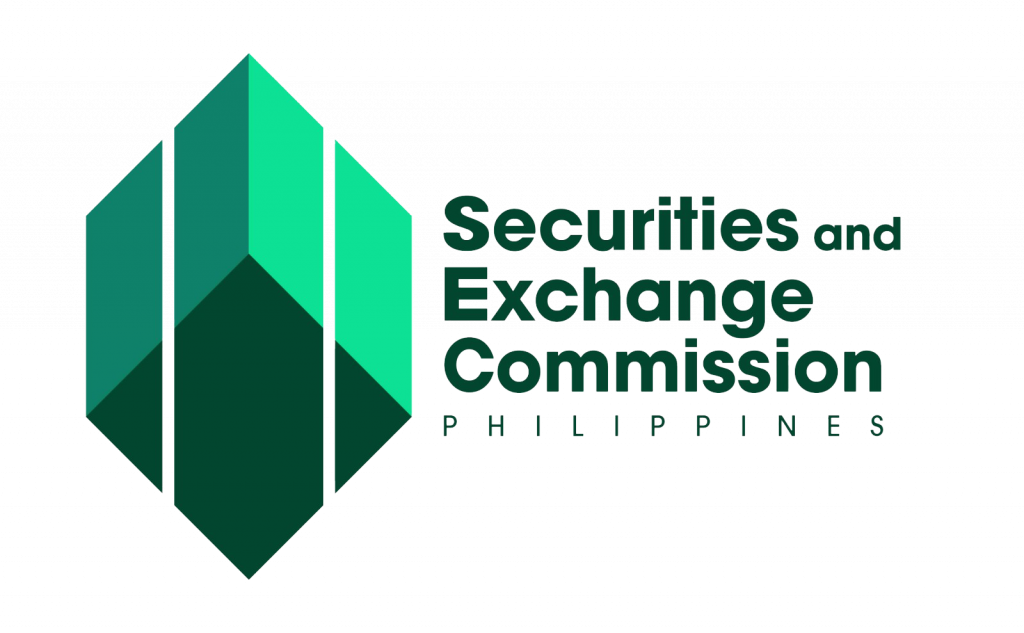Date Posted: 28 October 2016
419 Scam
The SECURITIES AND EXCHANGE COMMISSION (SEC) has received report that a financial scam similar to the so-called “419” scam (aka “Nigeria scam” or “West African” scam) is proliferating in the Philippines.
The modus operandi of this kind of scam is to get the victim to send cash upfront by promising them a large amount of money that they would receive later if they cooperate.
This scam usually begins with a letter or email purportedly sent to a selected recipient but actually sent to many, making an offer that would allegedly result in a large pay-off for the victim. The scammers hide their real identity and location by using fake names and fake postal addresses as well as communicating via anonymous free email accounts and mobile phones.
The scammer may contact you by email, letter or social networking message and tell you an elaborately fake story such as a consignment of a large amount of money (usually in U.S. Currency) which will be transferred from a foreign country to another foreign country via a diplomatic courier company. The victim will be asked to receive the consignment box in the Philippines for safekeeping on the condition that the victim will pay for the local delivery charges of the consignment box. In return, the victim is promised a substantial gain for little effort.
In reality, victims are only tricked into sending their money to the scammers, who remain anonymous, but will never receive this non-existent money.
In view thereof, the public is advised to be cautious in sending money to anyone, unless you are certain that it is a legitimate request, even if you think you know the person well based on your Internet correspondence.
Mandaluyong City, Philippines, 24 October 2016





